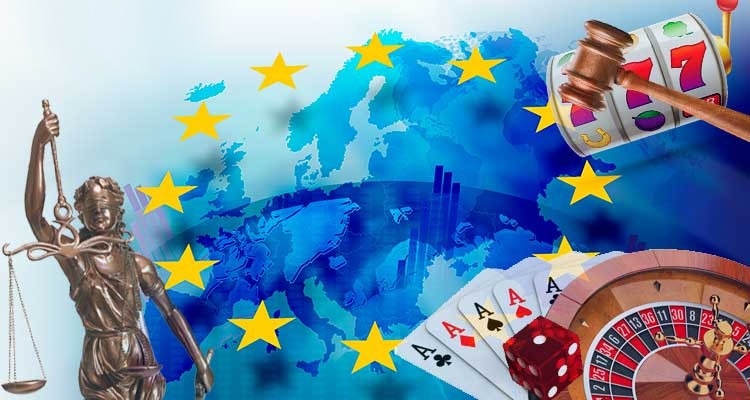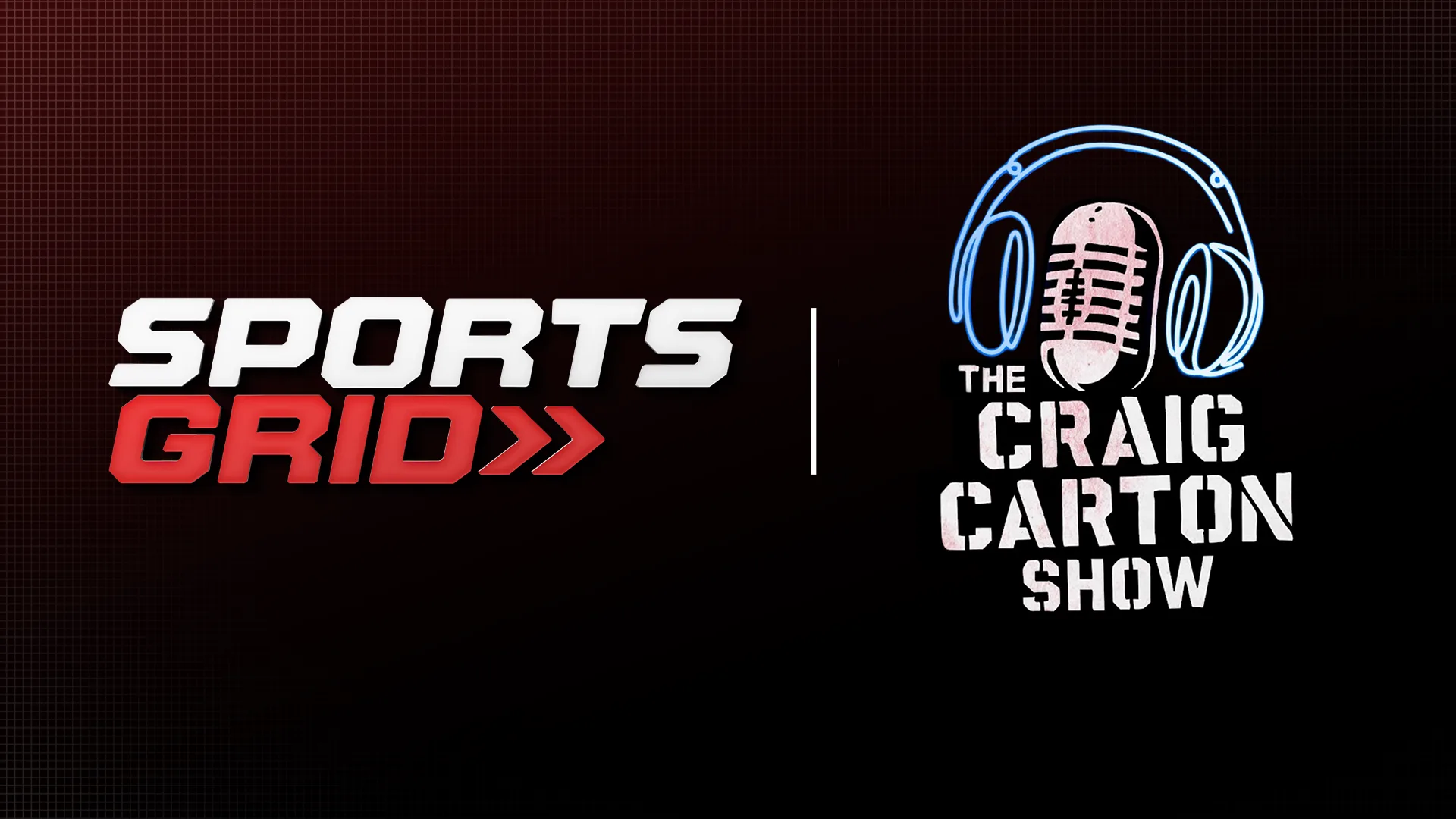As the whole world is recuperating from the global COVID-19 pandemic, the gambling industry and its legal sector, in particular, are facing a new era, that calls for a change. As of recently, games of chance became insanely popular.
At the same time, the threats of problem gambling, increasing numbers of underage players, and hazards of unregulated markets continue to emerge. Considering this, a need for stricter marketing regulations as well as the legalization of the markets is inevitable.
More and more countries launch new legislation as well as enhance gambling regulations, the global news in the gambling industry reports.
Login Casino closely monitors the latest shifts in the legal sector of the gambling industry and has selected several gambling markets that are going to face the most prominent changes. These regions include:
- the United Kingdom;
- Germany;
- the Kingdom of the Netherlands;
- Finland.
In this article, you will find out the details about the new legislation, implemented in the gambling markets.
Top-3 updates to the state act by the UK Gambling Commission
The British gambling industry has been a heavily regulated market since the creation of the UK Gambling Commission in 2007. However, the new challenges of problem gambling and illegal markets have emerged in recent years. It is for that reason that the UK gambling regulator decided to review its Gambling Act, imposing stricter regulations on the operators as well as the players.
The UKGC was planning on publishing reviewed Gambling Act in the autumn of the previous year but had to postpone the document’s launch to July 1st, 2021. The act is going to outline new gambling terms for the UK’s market.
Various details have already been disclosed to the public, for instance:
- The Gambling Commission has outlawed the four most popular features of the slot game, including:
- autoplay;
- generation of sound or imagery that creates an illusion of victory;
- autospin, which hastens the speed of the game;
- more than a 2.5-second slot spin.
- UKGC has also imposed a ban on reverse withdrawals, so the users won’t be able to reuse the money.
- British operators must present to the players a total amount of their profits or losses, as well as inform them of time spent on gambling.
These measures will come into effect by the end of October 2021.
Moreover, the British government has recently overviewed its gambling commission fees, increasing them to meet the ever-growing need of the UK gambling commission.
| Annual fees for remote operators | Increase by 55% | October 1st, 2021 |
| Annual fees for land-based operators | Increase by 15% | April 1st, 2022 |
| Application fees | Increase by 60% | October 1st, 2021 |
Is gambling illegal in Germany?
The online sector of the gambling industry has largely been a gray area in Germany, with the land of Schleswig-Holstein serving as an exception. Up until recently, the local authorities permitted bookmaking, poker, bingo, and casino activities. The bigger amount of the German gamblers, on the other hand, were forced to stay with the illegal operators.
The German government, however, plans to legalize online gambling in 2021, issuing a State Treaty on Gambling (GlüStV) to set a framework for gambling ops. The Treaty comes into effect on July 1st this year with the main aim of channeling players to the regulated iGaming markets. All 16 German states have already ratified the document.
GlüStV 2021 will license and regulate gambling operations for the following games of chance:
- lotteries;
- horse and sports betting;
- online poker, slot games, and virtual casinos.
The German government will also enforce the following regulations on the gambling operators to ensure adequate player protection.
- Land-based casinos, as well as offline poker games, won’t be legalized.
- The monthly deposit limit for virtual games of chance and bets is €1000.
- All players should set up a verified account before entering the game.
- Each spin at a virtual slot should last at least for 5 seconds with a maximum stake of 1 euro per game.
- Private operators can obtain up to 20 betting licenses.
- Advertising for the gambling ops should run only in the time range between 9 pm and 6 am. Ads shan’t be targeted at minors as well as they shouldn’t contain misleading statements about the winnings.
Bundestag has recently approved a 5.3% turnover tax on all gambling operations, receiving widespread criticism from the European Gambling and Betting Association (EGBA).
Gambling commission in the Netherlands launches a legal market
After several delays throughout the last 1.5 years, the legal iGaming market is set to launch on October 1st, 2021. It means that online casinos in Holland will finally be allowed.
Starting from April 1st, operators can apply for an official license to the Dutch gambling commission (the Kansspelautoriteit), as it is stated in a regulatory document, Remote Gambling Act (RGA).
The RGA sets a framework for the regulation of the iGaming sector, bringing several important changes to the market:
Game of chance providers must follow several requirements, including:
- Register in gambling self-exclusion system, the Centraal Register Uitsluiting Kansspelen (CRUKS) by October 1.
- Implement a mandatory age verification for players.
- Ensure the agenda for addiction prevention is in place.
- Inform players of the risks, they may face while gambling.
- Register player behavior during the games of chance.
The Kansspelautoriteit has also introduced several new requirements for advertising in the iGaming industry:
- Only licensed operators can advertise their services.
- Advertisers have to clearly inform players about the bonuses.
- An advertisement should not be targeted at minors and young people in the age category of 18-24 years.
- Ban for the TV broadcast of ads between 6 am and 7 pm is in place.
5 legal amendments to the Finnish Lotteries Act
In Finland, the gambling industry is strictly regulated by the country’s Lotteries Act, issued in 2002. Furthermore, the state-owned legal operator Veikkaus Oy holds a monopoly over online and offline games of chance.
In order to reduce a negative effect, caused by the games of chance, and strengthen the existing gambling system, the Finnish government is going to implement a series of reforms to its Lotteries Act.
On the 7th of January 2021, the Ministry of the Interior has announced the following changes to the law:
- Veikkaus will implement compulsory ID verification for all games of chance. As of June 2021, an operator requires an ID identification for all slot operations as well as for retail bets, placed on final games.
- All slot machines should be placed with regard to gambling-caused harm.
- New daily limits are set for the bets (€1500 per player) and online raffles (€500 per player).
- The National Police will form a blacklist of operators, whose payment transactions can be blocked.
- Tougher marketing restrictions with an obligation to provide an age limit for players are introduced.
The final government proposal will be submitted to Parliament this month.
Read more: Best iGaming Aggregators













